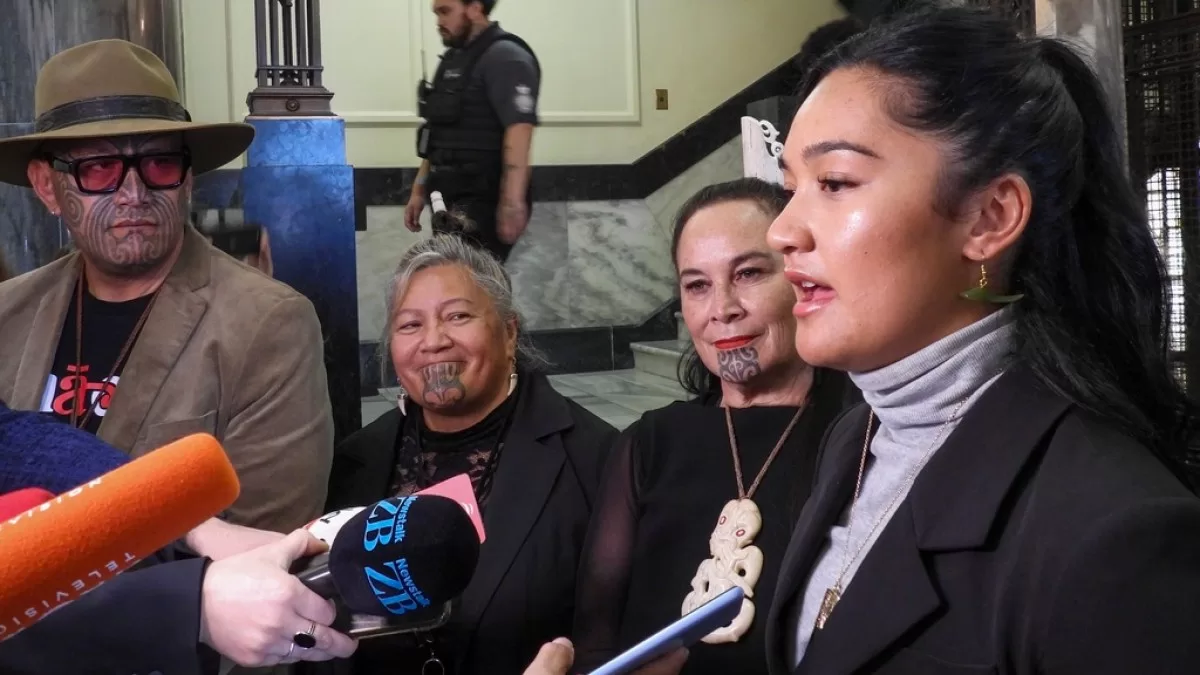Controversial legislation revises the 184-year-old Treaty of Waitangi granting Maori tribes land rights.
Thousands of people have joined a nine-day march towards New Zealand’s capital over a contentious bill redefining the country’s founding agreement between the British and the Indigenous Maori people.
New Zealand police reported that about 10,000 people marched through the town of Rotorua in protest against the Treaty Principles Bill on Friday, greeted by hundreds waving the Maori flag as they headed south to the capital, Wellington, some 450km (280 miles) away.
The march – or hikoi in the Maori language – is expected to reach Wellington on Tuesday, with participants staging rallies on their passage through towns and cities across the country after the bill passed its first parliamentary reading on Thursday.
The measure overhauls the 184-year-old Treaty of Waitangi, a document granting Maori tribes broad rights to retain their lands and protect their interests in return for ceding governance to the British. The document still guides legislation and policy today.
The ACT New Zealand party, a junior partner in the governing centre-right coalition government, last week unveiled the bill, which it had promised during last year’s election, arguing that those rights should also apply to non-Indigenous citizens.
The Maori people and their supporters say the bill threatens racial discord and undermines the rights of the country’s Indigenous people, who make up about 20 percent of its 5.3-million population.
As parliamentarians voted on the bill on Thursday, 22-year-old legislator Hana-Rawhiti Maipi-Clarke, from the Te Pati Maori party, ripped up a copy of the bill and led her colleagues in a traditional haka dance.
Parliament was briefly suspended as people in the gallery joined in, their shouting drowning out debate in the chamber.
The measure passed the first reading with 68 votes in favour and 54 against – one less vote than parliament’s 123 MPs, owing to Maipi-Clarke’s subsequent suspension – but it seems unlikely to become law.
Coalition partners the National Party and New Zealand First are only supporting the legislation through the first of three readings to fulfill a deal with ACT New Zealand.
Prime Minister Christopher Luxon, leader of the National Party, said on Thursday that the treaty’s principles had been negotiated and debated for 184 years and that it was “simplistic” for ACT New Zealand leader David Seymour to suggest that they could be resolved “through the stroke of a pen”.
Seymour said people who oppose the legislation want to “stir up” fear and division. “My mission is to empower every person,” he added.
